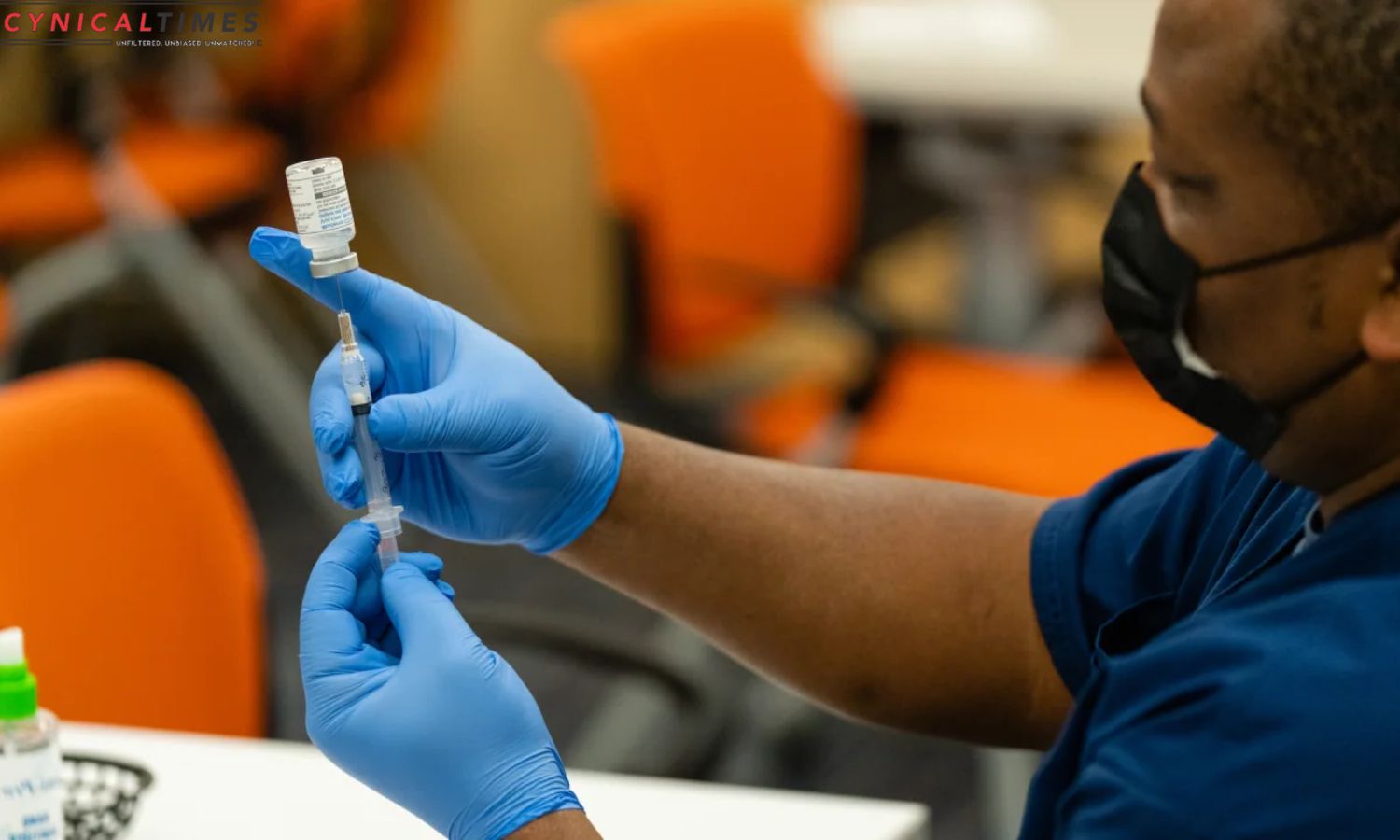Americas Holiday KFF Survey: In the realm of public sentiment, a recent survey conducted by KFF reveals a prevailing nonchalance among most adults in the United States regarding the threat of Covid-19 during the upcoming holidays. The findings suggest that approximately three-quarters of adults express minimal concern about contracting the virus or spreading it to close contacts over the festive season. Notably, nearly half of respondents (46%) exhibit a heightened apprehension about the potential surge in Covid-19 hospitalizations this winter, mirroring the sentiments of the previous year.
Analyzing data from the US Centers for Disease Control and Prevention, the report indicates a recent dip in Covid-19 hospitalizations, with approximately 14,700 cases reported for the week ending November 4, compared to 23,600 during a similar period in 2022. However, historical trends caution that hospitalizations could witness a post-Thanksgiving spike, as observed in the past. Concurrently, the rise in flu activity across the US adds an additional layer of concern.


Despite the demonstrated efficacy of Covid-19 vaccination in reducing severe illness and hospitalization, a striking revelation emerges just over half of adults express reluctance to receive the latest vaccine available since September. This hesitancy extends to nearly a third of individuals who have previously been vaccinated against the coronavirus. The primary driver behind this resistance appears to be a perceived lack of concern about the virus, a sentiment particularly prevalent among those who received an earlier version of the vaccine but remain uncommitted to its latest iteration, as per the KFF survey.
Moreover, the survey unveils a significant portion of adults (approximately half) with no plans to adopt additional precautions to mitigate their Covid-19 risk. Only about a third express intentions to steer clear of large gatherings during this respiratory virus season, while over a quarter contemplate wearing masks in crowded places or avoiding travel. Approximately a fifth of respondents consider avoiding indoor restaurants or undergoing a Covid-19 test before visiting family and friends.
Beyond the health aspect, the survey data exposes stark political and ethnic divides in attitudes toward Covid-19. Democrats emerge as three times more likely than Republicans to have received or plan to receive the new vaccine, displaying a greater propensity to adopt precautionary measures this respiratory virus season. Additionally, Black and Hispanic adults stand out for their increased likelihood to adopt at least one precautionary measure and their higher inclination toward receiving the new vaccine.
The KFF report, derived from responses of about 1,400 nationally representative adults interviewed between October 31 and November 7, paints a nuanced picture of public sentiment and the varying factors influencing individuals’ approach to the ongoing challenges posed by the pandemic.
Our Reader’s Queries
What percentage of people are vaccinated in the US?
As of now, only 21.4% of the adult population aged 18 and above have reported receiving the latest COVID-19 vaccine for the years 2023-24. Among adults aged 65 and above, the percentage is slightly higher at 41.5%.
What are COVID symptoms?
Some of the symptoms that may indicate the presence of the virus include fever or chills, cough, shortness of breath or difficulty breathing, fatigue, muscle or body aches, and headache. It is important to be aware of these symptoms and seek medical attention if you experience any of them. Taking precautions such as wearing a mask, washing your hands frequently, and practicing social distancing can also help prevent the spread of the virus. Stay safe and stay healthy.
When did COVID end?
The federal COVID-19 PHE declaration has come to an end on May 11, 2023. However, most tools such as vaccines, treatments, and testing will still be accessible. It’s important to note that the CDC’s data collection and sharing capabilities will undergo some changes.

